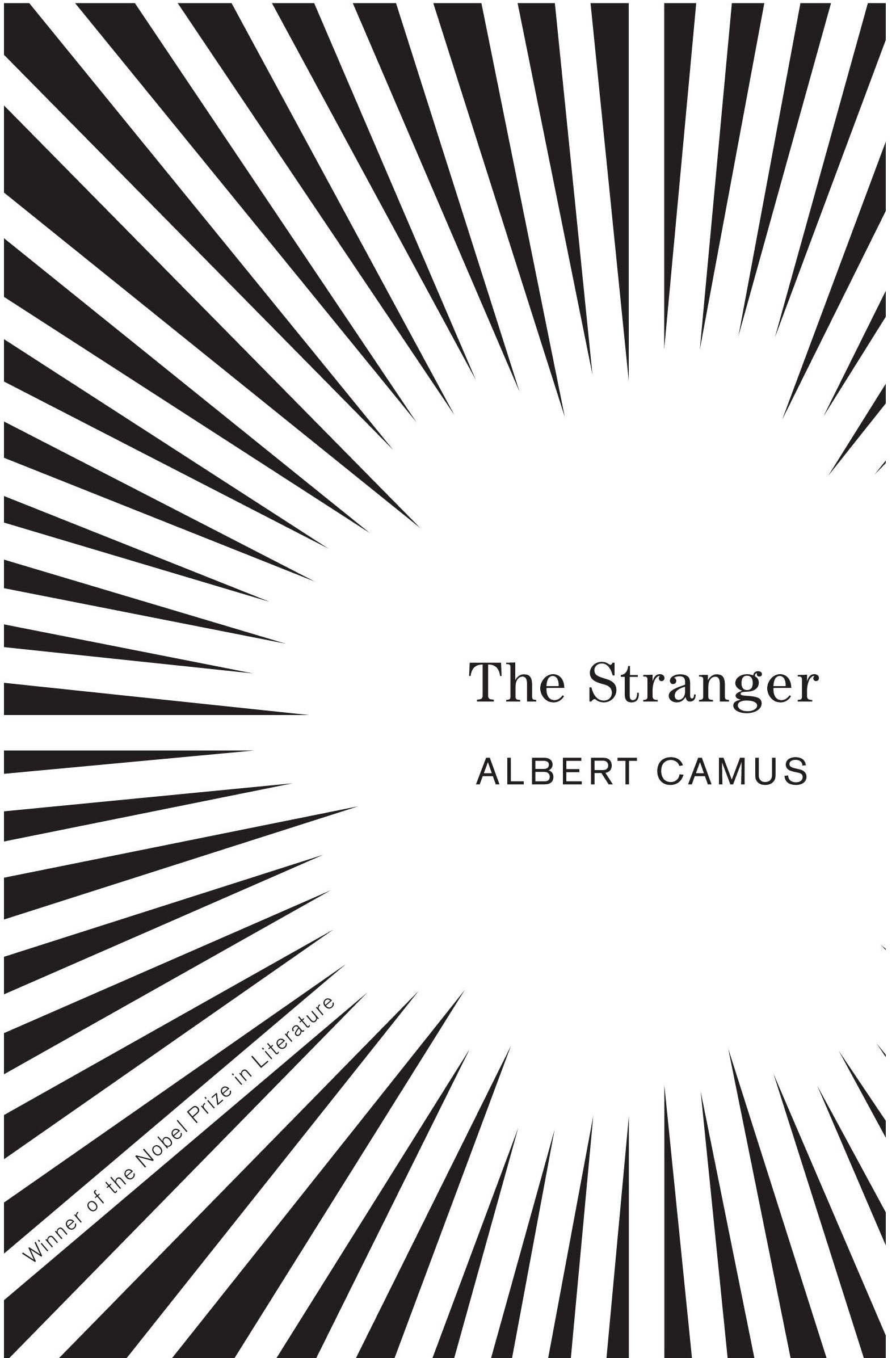
‘Mama often said that no one is ever really entirely unhappy. I agreed with her here in my prison, when the sky took on so many colors and the light of the new day gradually flowed into my cell’.
The Stranger is one of the most debatable works by Albert Camus. People who have read it might label it as a book that tells a story about nihilism, existentialism, or life’s absurdity.
From the first sentence, Camus baits the reader to judge Meursault, the book’s main character, by depicting him as an emotionless man when he receives the news of his mother’s death. We then went through the story from Mersault’s point of view till the end of the story.
One of the most popular takes on this book is the idea that Camus portrayed Mersault as a nihilist, a person who believes that life is meaningless and rejects all religious and moral principles. Is he? Or maybe he acted as he acted, not because he thought the other ways were pointless, but because that is just how it is.
He didn’t show any emotion at his mom’s funeral because although he loves her, he realized his mom was old and lived her life happily. People died, and he faced the tragedy of losing the people he loved in his ways.
His actions toward his girlfriend also can be explained with a simple conclusion. He doesn’t love the girl. He is attracted to Marie’s beauty, as described a few times in the book, but he never says anything about his feeling toward the girl. He doesn’t even care to look for Marie until the last court session, and at one time, when Marie is called as one of the witnesses, the one thing he cares about is her appearance, how he thought she would be more beautiful without the hat.
Meursault also didn’t show any religious regret, although being provoked by the judge and in another chapter by the chaplain because he doesn’t believe in god and doesn’t think it is purposeful for him to ask forgiveness from something he doesn’t believe in.
All these justifications, with several other actions shown by Meursault towards other people, especially his neighbors, can refute the claim that he is a total nihilist. Or maybe he is and Camus, as a famous moralist, condemns him to death in the next chapter.
Chapter two of the book tells the story of Mersault’s case trial. Rather than presenting facts, the prosecution used how weird and abnormal Mersault’s acts were since his mother died until the day he shot the Arab guy. So he got judged not because he killed the man but because he didn’t fit the image of what was expected of a man who had just lost his mother.
Putting aside the question about the main character’s behaviors, Camus did criticize the juridical system when the jurors decided to sentence Mersault to death.
Let’s say if he cried at his mom’s funeral, if he didn’t watch a comedy film the day after his mom’s funeral, if Marrie is his wife instead of a girlfriend, and if he is a religious person, would the verdict be the same?
Because that is all they care about, not the fact that Mersault did shoot the guy after he saw the guy draw the knife.
I like this part because Camus’s intention is clear. In my opinion, there is no point in discussing whether Mersault is a nihilist or not. The way you see him might be the same way the jurors, the prosecutor, the defense, and the judge saw him. Or it might not be because there was nothing abnormal about how he acted if we use modern ethical code as the measuring scale.
In the story, he was sentenced to death because he was an outsider. The jurors, the prosecutor, the defense, and the judge tried to justify his actions and find out why he killed the Arab guy. When they couldn’t find any, they related it to his emotionless character, which answers their question. They all failed to accept the fact that the killing just kind of happened. Because sometimes, life is absurd and chaotic like that.



